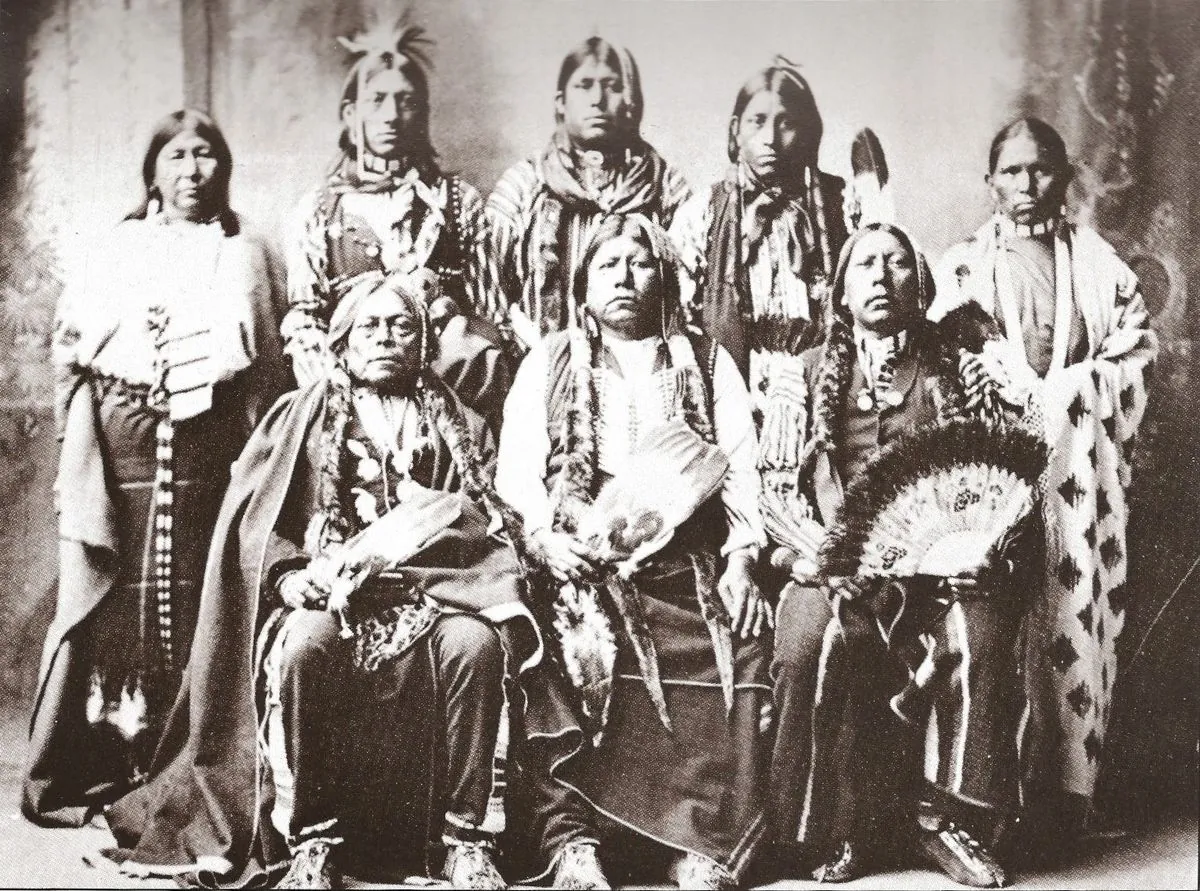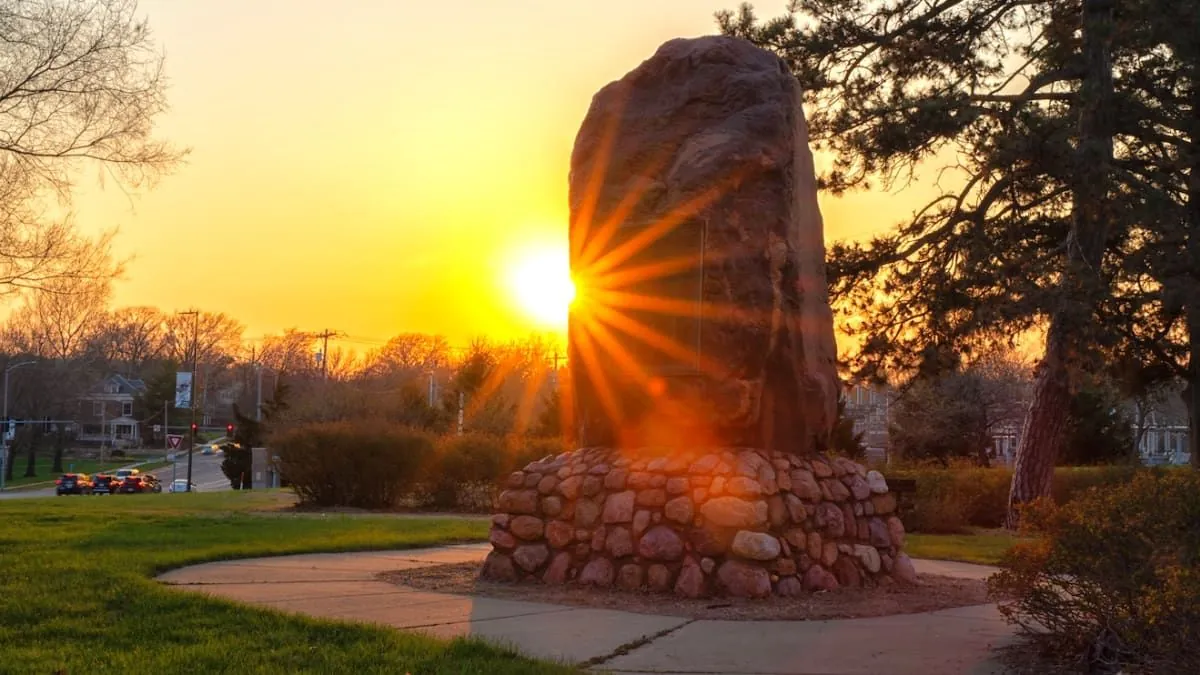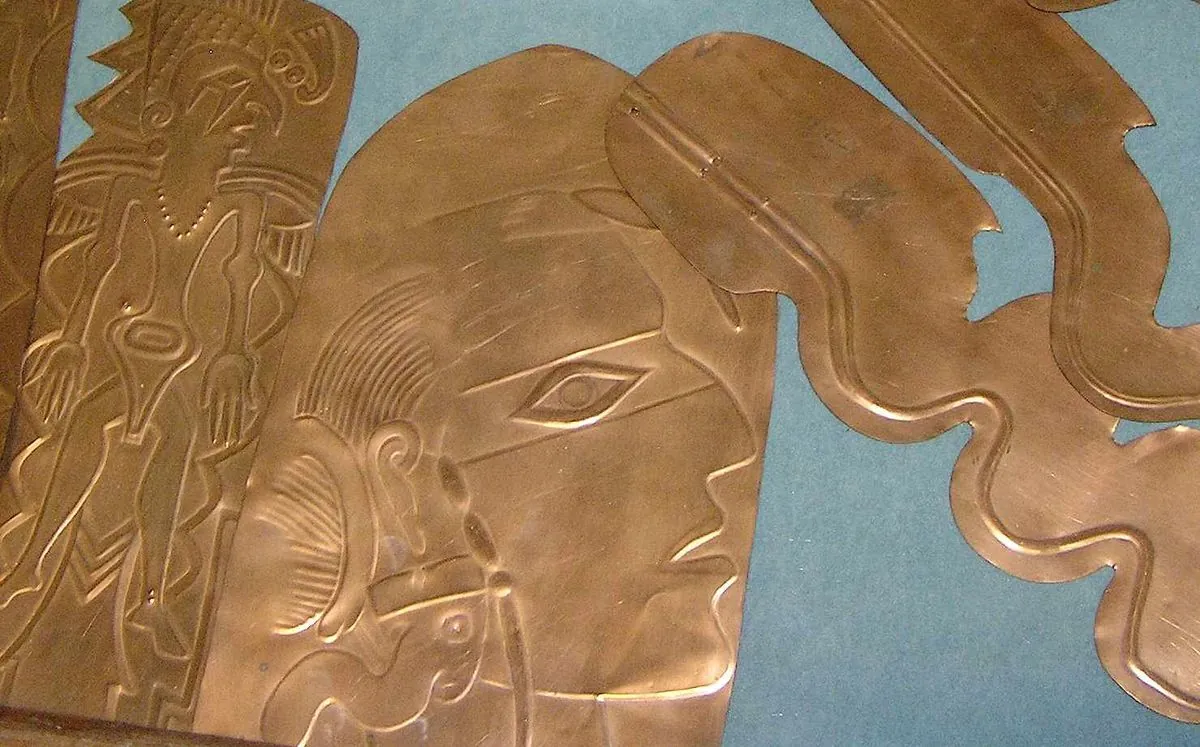Ancestral Land Dispute Ignites Legal Battle Between Native American Tribes
A casino built on sacred Muscogee ground in Alabama sparks a fierce legal confrontation between two Native American tribes, highlighting complex issues of heritage, sovereignty, and historical injustice.

In the heart of Alabama, a 20-story casino rises above the Coosa River, standing as a symbol of progress for some and a painful reminder of historical injustice for others. This $246 million development, owned by the Poarch Band of Creek Indians, has become the epicenter of a heated dispute with the Muscogee Nation, highlighting the complex legacy of colonization and the limitations of the U.S. legal system in addressing tribal grievances.
The site, known as Hickory Ground or Oce Vpofv in the Muscogee language, once served as the last capital of the Muscogee people before their forced relocation to Oklahoma in the 1830s. This tragic event, part of the infamous Trail of Tears, resulted in the deaths of thousands of Native Americans and marked a dark chapter in American history.
George Thompson, a Mekko (traditional chief) of the Muscogee Nation, expressed his anguish: "They dug up my ancestors, put them in boxes, and built a casino directly on top of my family's burial ground." This sentiment encapsulates the deep emotional and cultural wounds inflicted by the development.

The legal battle has reached the 11th U.S. Circuit Court of Appeals, which covers Alabama, Florida, and Georgia. The Muscogee Nation is challenging the dismissal of their lawsuit against the casino's construction, federal officials, and the university that conducted archaeological work at the site.
The dispute traces back to 1980 when the Poarch Band acquired Hickory Ground with a historic preservation grant. At the time, they pledged to protect the site's integrity. However, after the expiration of a 20-year preservation covenant in 2000, the tribe proceeded with archaeological excavations and eventually constructed the casino, which opened in 2013.
The Poarch Band maintains that they have ancestral ties to Hickory Ground and have worked to preserve much of the historic site. They claim to have set aside 17 acres for preservation, including the sacred ceremonial area. In 2012, they reinterred 50 bundles of remains and funerary objects near the ceremonial ground.
However, the Muscogee Nation alleges that 57 sets of remains were removed during the excavation and that they were not consulted about the reburial process. This lack of communication has further strained the relationship between the two tribes.
The conflict highlights a gap in the Native American Graves Protection and Repatriation Act (NAGPRA), passed in 1990. The law does not address situations where one tribal nation excavates ancestral remains on land historically linked to another tribe. This oversight has left many tribal nations concerned about the potential for similar situations to occur on their ancestral lands.
"No one ever thought when they were writing NAGPRA that another tribe would do this."
The dispute has also spilled into the political arena. The Poarch Band is supporting a bill in Congress that would offer them a way around a 2009 U.S. Supreme Court decision limiting land trust for tribal use. The Muscogee Nation and other tribes oppose this legislation, fearing it could harm their legal case and set a precedent for other tribes seeking similar remedies.
As the legal battle continues, the rift between the two tribes deepens. The Muscogee Nation has rescinded its support for the Poarch Band's federal recognition, which it had initially backed in 1984. The conflict serves as a stark reminder of the lasting impacts of colonization and forced relocation on Native American communities, as well as the ongoing struggle for cultural preservation and sovereignty in the face of economic development.

The case of Hickory Ground raises critical questions about the balance between economic progress and cultural preservation, the rights of federally recognized tribes, and the complex web of historical and contemporary relationships among Native American nations. As the legal proceedings unfold, it remains to be seen how the U.S. justice system will address these deeply rooted issues and potentially set precedents for future disputes over ancestral lands.


































